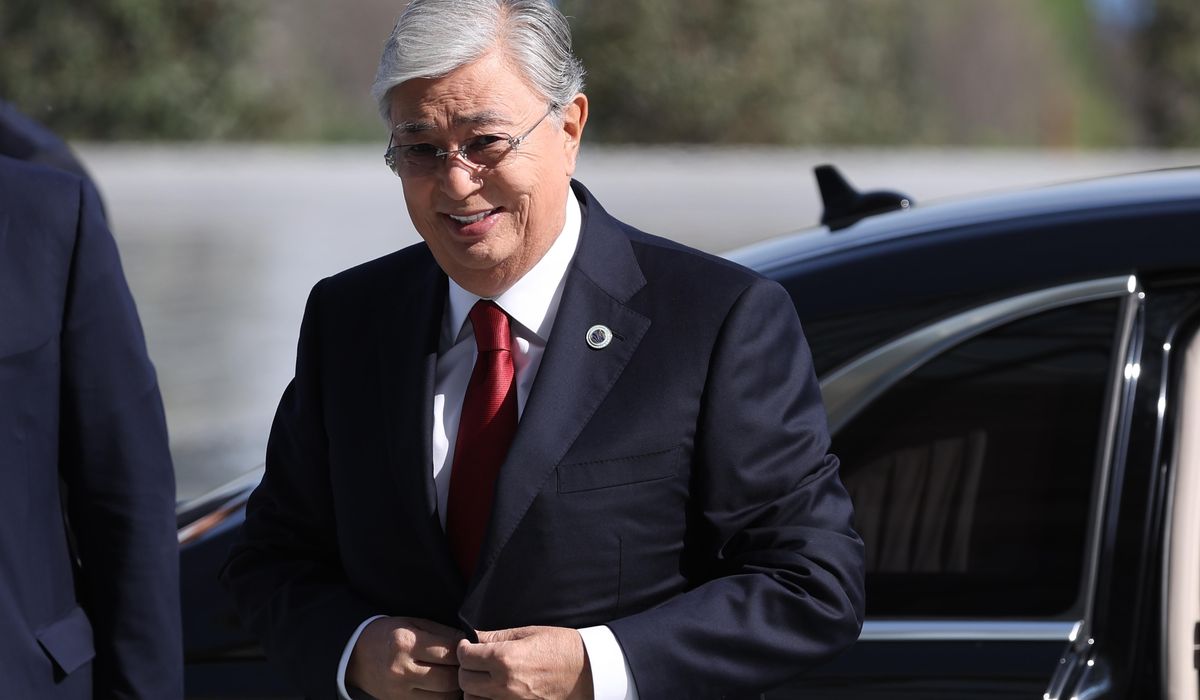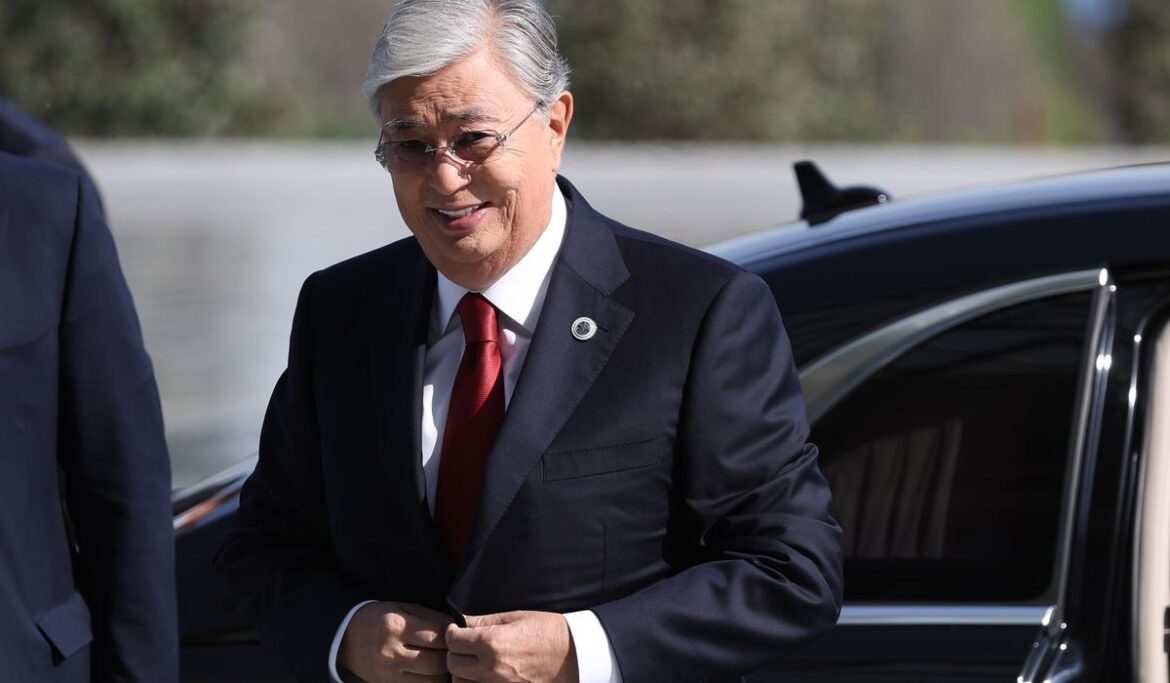
Istanbul was Constantinople, and Nur-Sultan, Kazakhstan was once Astana — and is Astana once again.
Kazakhstani President Kassym-Jomart Tokayev signed into law Saturday a number of amendments, including reverting the name of the country’s capital.
The name had been changed to Nur-Sultan in 2019 to honor the first president of post-Soviet Kazakhstan, Nursultan Nazarbayev, who ruled from 1991 to 2019.
Since then, relations between President Tokayev and former President Nazarbayev have soured, and the country was wracked by violence in January as protesters decried both fuel prices and the country’s ossified political scene.
Mr. Nazarbayev was removed from his remaining political positions in the country after the January unrest.
Political reforms were also on the menu Saturday, as President Tokayev altered his office’s term limits. Presidents will no longer be able to run for reelection, but will now have a term of seven years instead of five.
The country’s parliament unanimously supported the measures, passing them through to President Tokayev on Friday.
“Our country has the bitter experience of re-elections without a term for the presidency. In 30 years we have had only two presidents. If we implement this amendment, we will have two presidents every 14 years and not every 30,” deputy Isa Kazibek said during the parliamentary debate, according to Spanish news wire agency EFE.
The term-limit amendment is itself now unamendable, the same status given to lines in the constitution about Kazakhstan’s territorial integrity and sovereignty.
President Tokayev has also called for early elections. He has previously expressed interest in running for reelection. If he is ruled eligible on the grounds of being first elected when there were no term limits, his second term would last the new seven-year duration.





